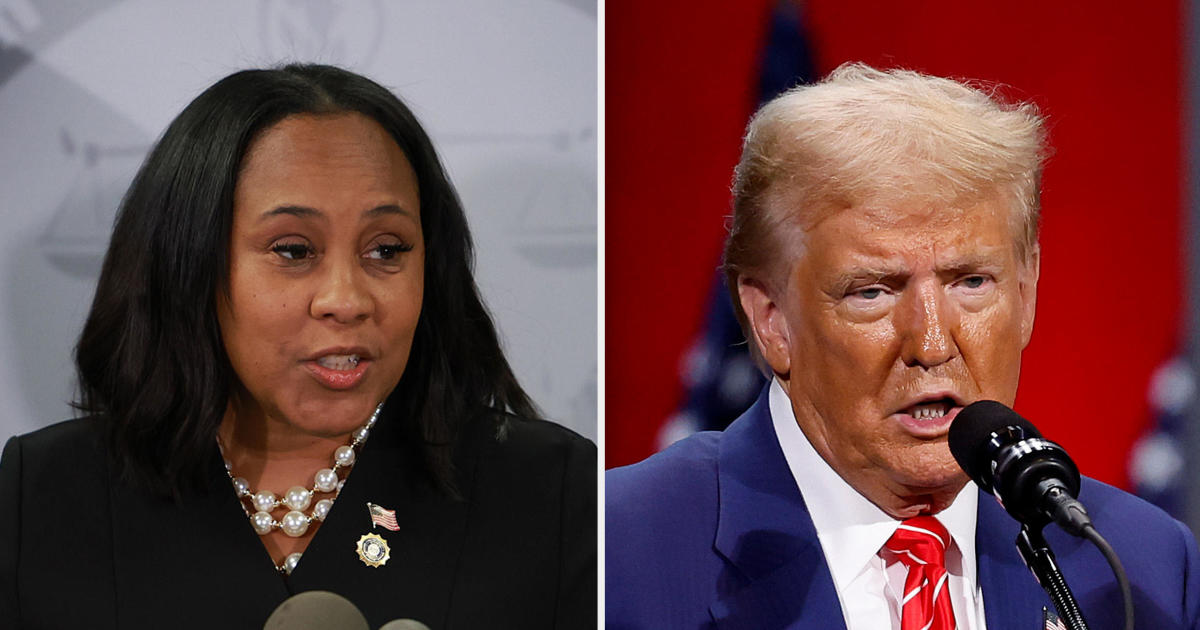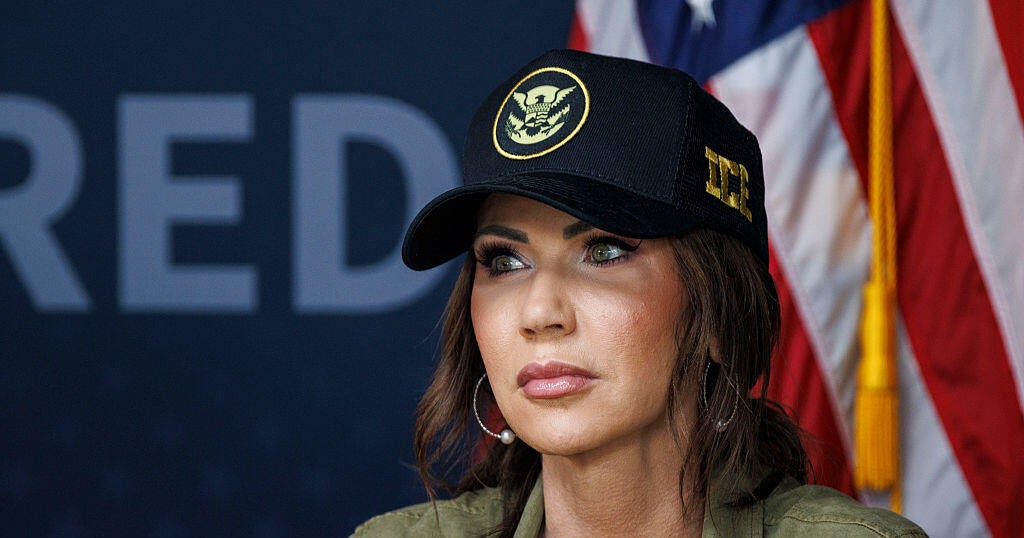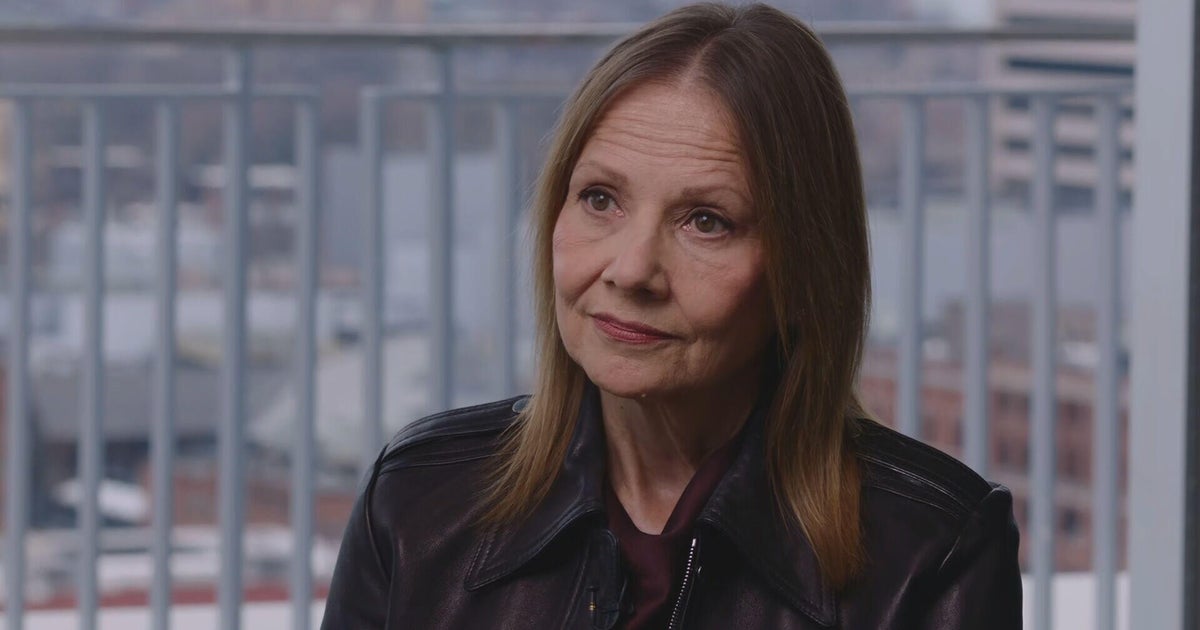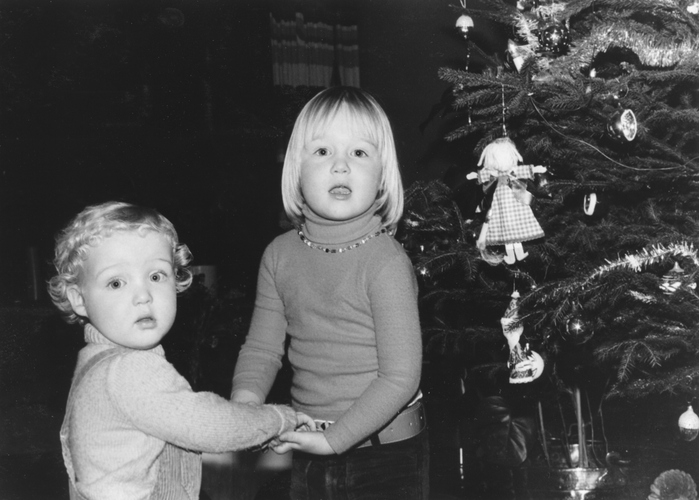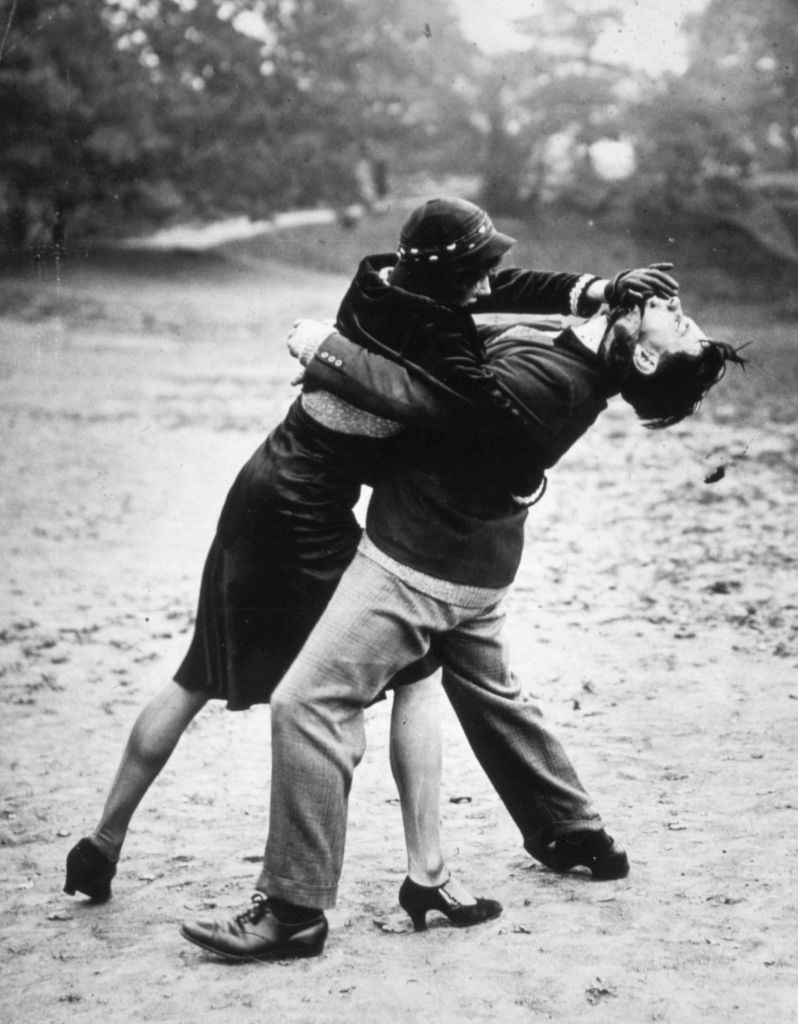United Airlines says unvaccinated workers cost it millions of dollars
United Airlines says it is paying nearly $3 million a month to keep hundreds of employees, including some pilots, who refuse to get vaccinated against COVID-19 on paid leave.
The Chicago-based carrier disclosed in legal documents that it is spending $1.4 million every two weeks in leave benefits on workers who haven't complied with the company's vaccine mandate. Some unvaccinated employees at United are challenging the company's vaccination policy in court.
United was the first major airline to require vaccinations for all employees. The company said 99.7% of its roughly 67,000 employees have complied with the mandate. But 232 workers have not taken the vaccine and now face termination, United CEO Scott Kirby told CBS Mornings earlier this month.
United's legal battle reflects the broader push by employers to get their workers vaccinated against the virus, and the ensuing pushback by some people. Thousands of workers are either quitting or being fired for refusing to take the vaccine. Many such conflicts have taken place quietly and behind closed doors, while others have played out in public, such as the exit of ESPN reporter Allison Williams and Washington State University's decision to fire football coach Nick Rolovich for refusing to get vaccinated.
At United, several unvaccinated employees filed a lawsuit against the company last month and are now collecting extended leave benefits until the matter shakes out in court. In response to the suit, U.S. District Court Judge Mark Pittman of Texas placed a temporary restraining order on United barring it from implementing its vaccine mandate.
At issue are those unvaccinated employees who said they have medical or religious reasons that prevent them from receiving the vaccine. Many airlines allow their employees to opt out of a vaccine mandate, but United does not offer such leeway.
Pittman last week denied United's request to lift the restraining order and extended it to November 8.
Lawyers representing the employees say it's unfair to make those workers choose between the vaccination or keeping their job. The lawsuit is about "the fact is that some people have sincere religious objections to the COVID-19 vaccine, and the Civil Rights Act of 1964 requires employers to respect and accommodate those beliefs," attorney Mark Paoletta said in a statement last month.

